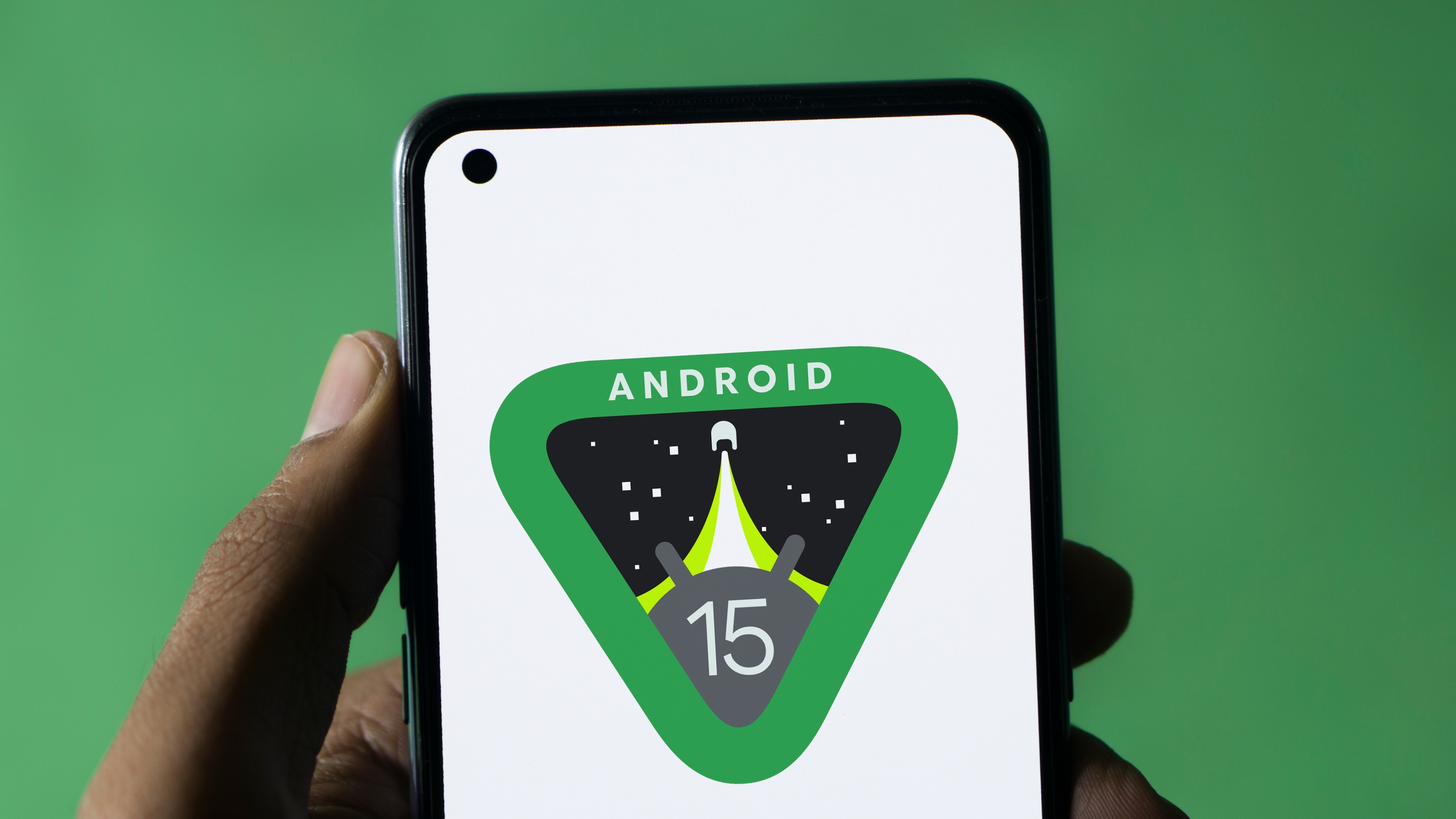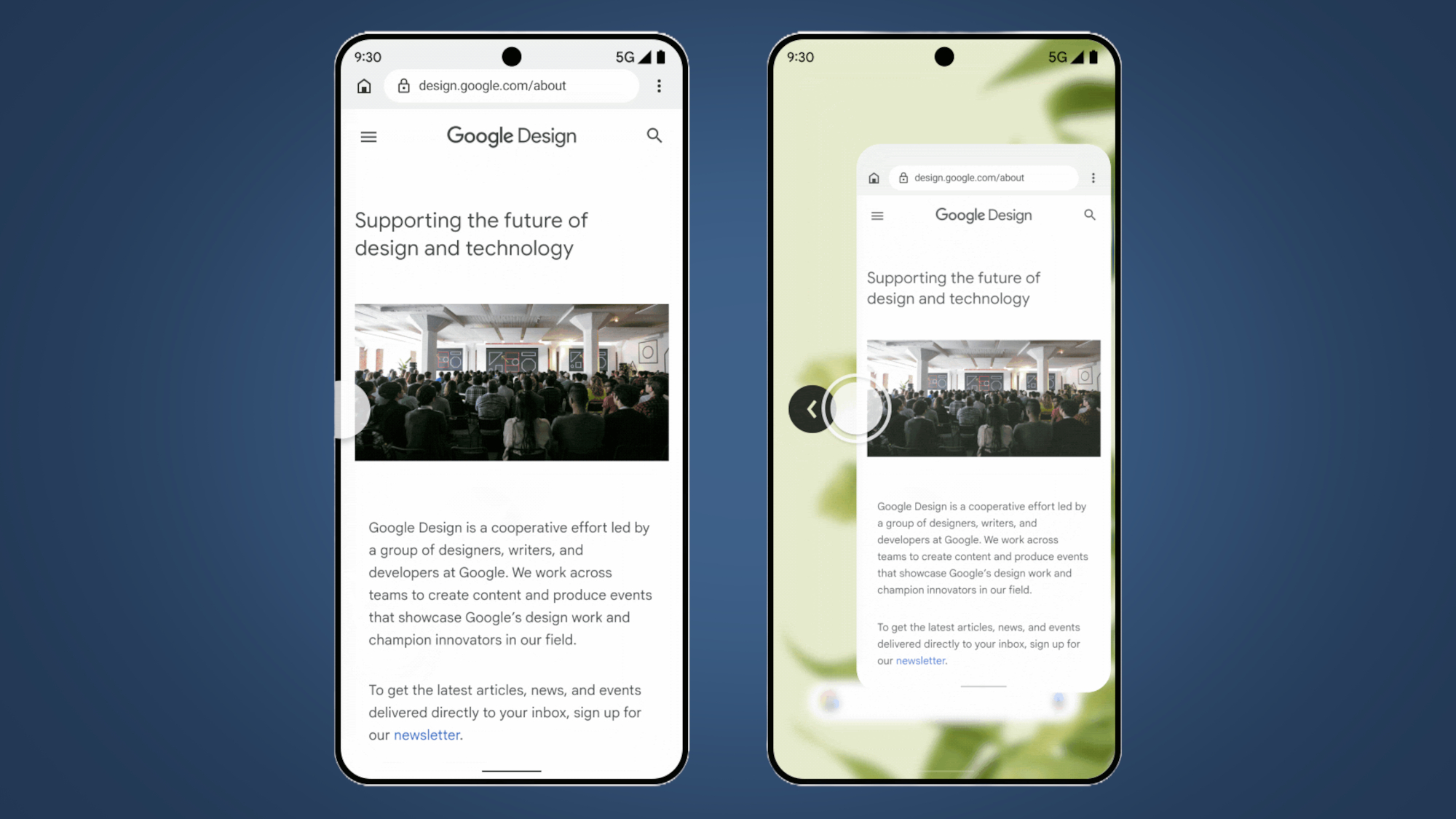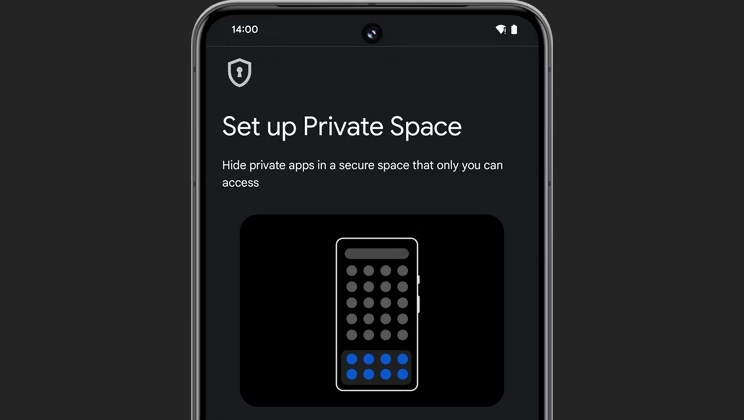
At Google I/O 2024, Google outlined its plans to "reimagine" Android with the Google Gemini large language model (LLM), and although we might not see the fruits of that ambition as soon as Android 15, a newly released Android 15 beta has given us a better idea of what to expect from the company’s next major software revamp.
In a dedicated blog post announcing the second Android 15 beta (the first came in April after two separate developer previews), Google namedrops a host of previously rumored features that we hope will make it into the final Android 15 build.
The most notable new arrival is Private Space, which gives Android users the ability to hide sensitive files, apps and even notifications in a separate, password-protected area called – you guessed it – Private Space. By the sounds of things, this feature is a beefed-up version of Samsung’s Secure Folder, though the latter can only store files, whereas Private Space can keep all sorts of content away from prying eyes (it’s the biggest of several new Android 15 beta features dedicated to protecting user privacy).
The second Android 15 beta also includes an updated version of Predictive Back, which gives users the opportunity to preview the result of a gesture navigation action before committing to the action itself. In Android 14, Predictive Back is an optional developer feature, but it looks like Android 15 could make gesture previews occur by default when actions including back-to-home, cross-task and cross-activity are triggered.


Google hopes that Android 15 proper will “improve user productivity, minimize battery impact, maximize smooth app performance, protect user privacy and security, and give users a premium device experience.” The below features, in addition to those listed above, are just some of the ways the Android 15 beta builds towards that ambition:
- Improved large screen multitasking: “Android 15 beta 2 gives users better ways to multitask on large screen devices. For example, users can pin the taskbar on screen to quickly switch between apps or save their favorite split-screen app combinations for quick access.”
- Selected photos access improvement: “It is now possible for apps to highlight only the most recently selected photos and videos when partial access to media permissions is granted. This can improve the user experience for apps that frequently request access to photos and videos.”
- Secured background activity launches: “Android 15 protects users from malicious apps and gives them more control over their devices by adding changes that prevent malicious background apps from bringing other apps to the foreground, elevating their privileges, and abusing user interaction.”
- Smoother Picture-in-Picture transitions: “Android 15 introduces new changes in Picture-in-Picture (PiP) ensuring an even smoother transition when entering into PiP mode. This will be beneficial for apps having UI elements overlaid on top of their main UI, which goes into PiP.”
- "Choose how you're addressed" system preference: “Initially only in French, but expanding soon to additional gendered languages, users can customize how they are addressed by the Android system with a grammatical gender preference.”
The second Android 15 beta is now available to download on a range of devices from Android partners including Lenovo, Nothing, Oppo, Honor, Xiaomi and, of course, Google itself (i.e. the best Pixel phones). As for whether you should download it, however, that’s another story.
Although useful for test driving potential new features, pre-release versions of Android are primarily intended to help developers optimize new and existing apps. In other words, the second Android 15 beta is likely to be buggy as an electric fly zapper at the height of summer. So we’d recommend holding off on downloading it until the full version of Android 15 rolls out later this year (a release date between August and October 2024 seems the most likely).
Get daily insight, inspiration and deals in your inbox
Sign up for breaking news, reviews, opinion, top tech deals, and more.
You might also like

Axel is TechRadar's UK-based Phones Editor, reporting on everything from the latest Apple developments to newest AI breakthroughs as part of the site's Mobile Computing vertical. Having previously written for publications including Esquire and FourFourTwo, Axel is well-versed in the applications of technology beyond the desktop, and his coverage extends from general reporting and analysis to in-depth interviews and opinion. Axel studied for a degree in English Literature at the University of Warwick before joining TechRadar in 2020, where he then earned an NCTJ qualification as part of the company’s inaugural digital training scheme.